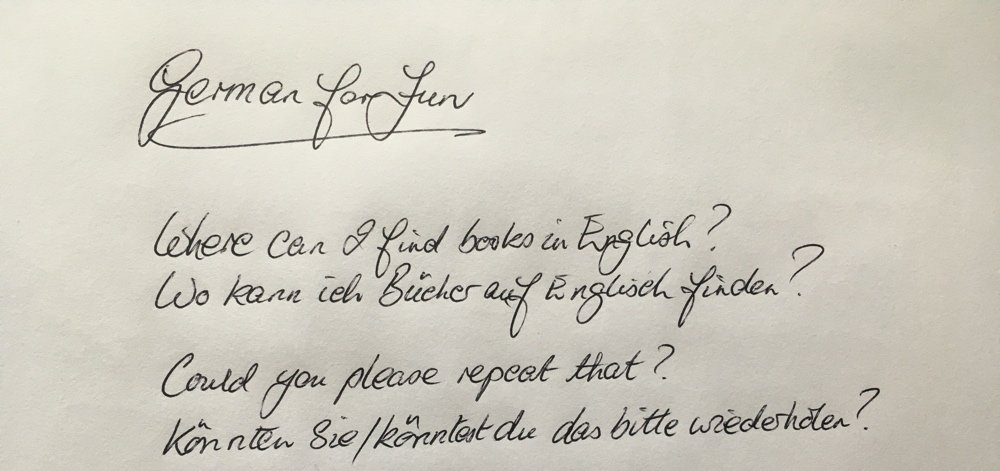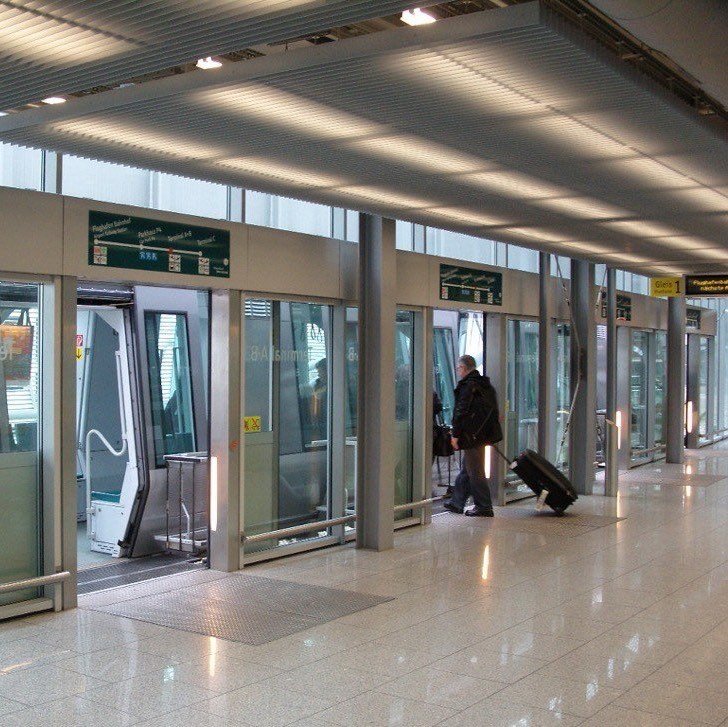THE REASON <bWhy
WHY
FOR EXPATS
Following relocation, highly educated
expats experience obstacles.
Beyond language, awareness of cultural
norms in the Ruhr Metropolis are key
to infusion in the local environment.
Amazing Capitals Ruhr empowers
international employees.
FOR COMPANIES
Companies and cities in the Ruhr Metropolis
compete with the rest of the world
to attract and also retain professionally
talented individuals.
Amazing Capitals Ruhr inspires
international employees to relocate.






